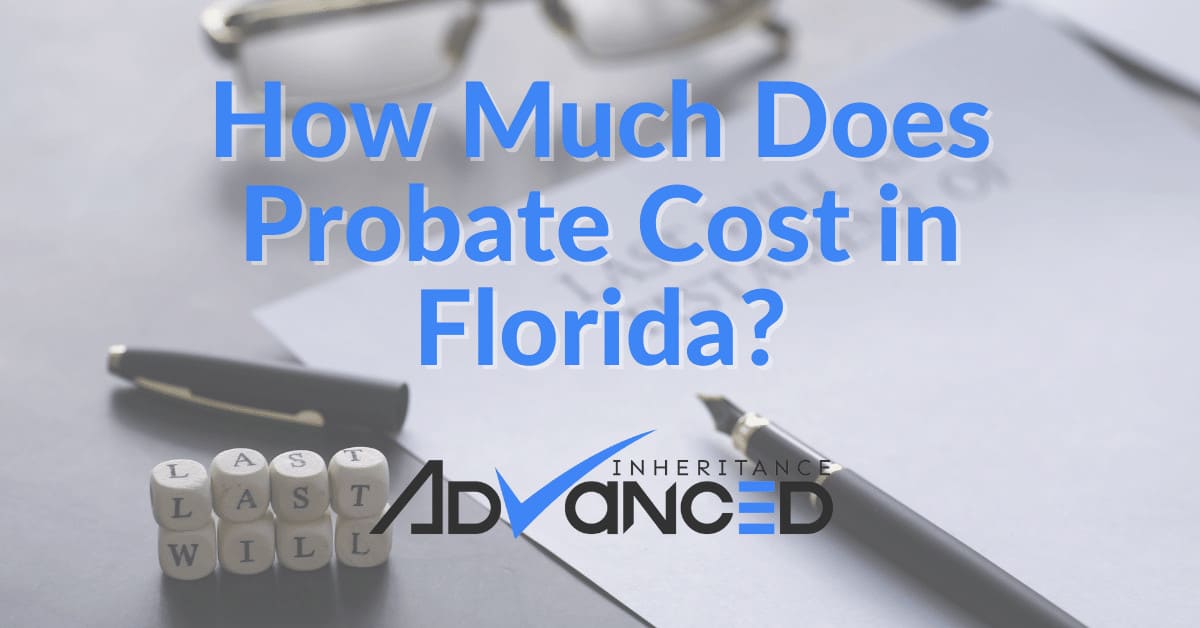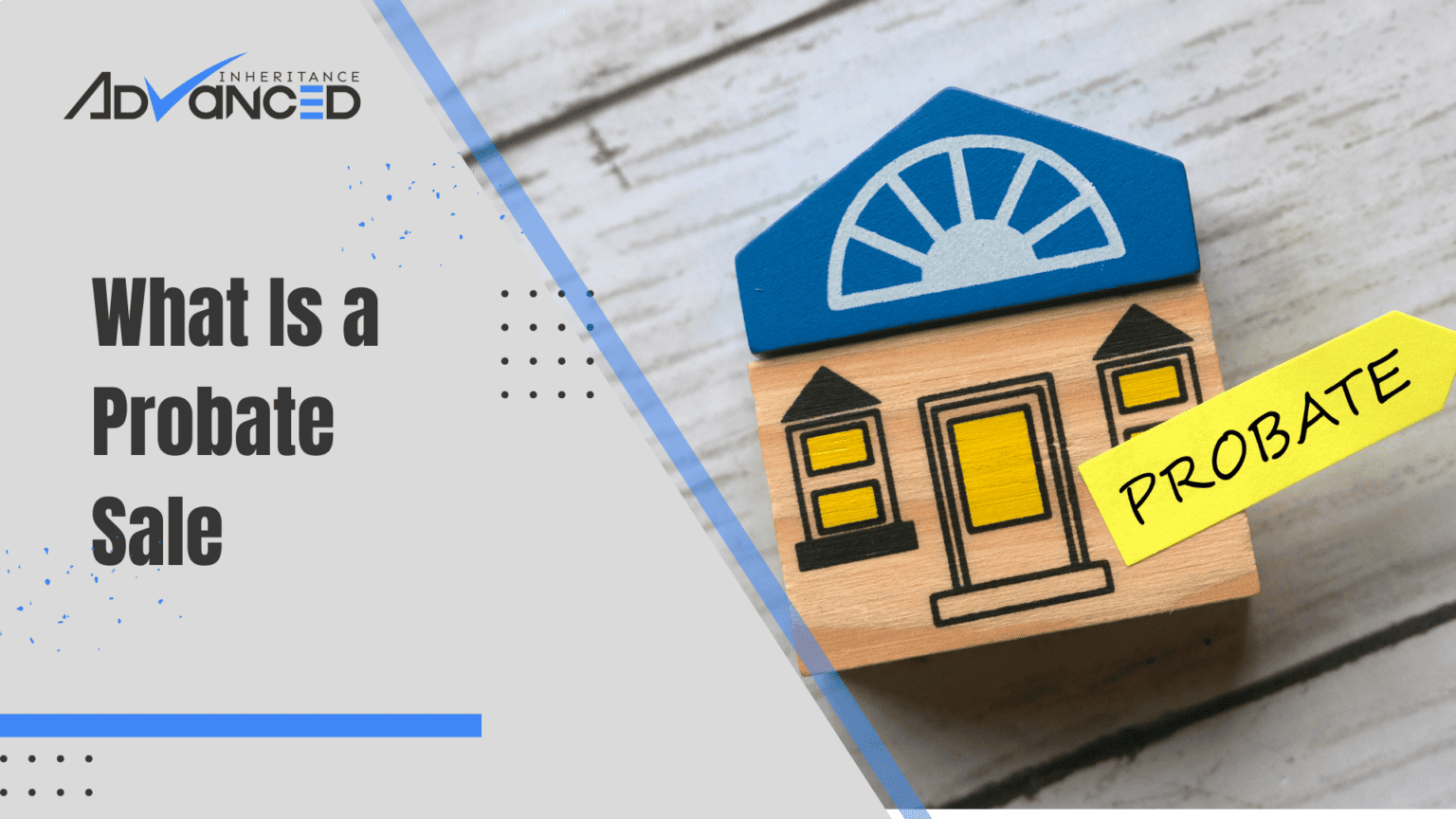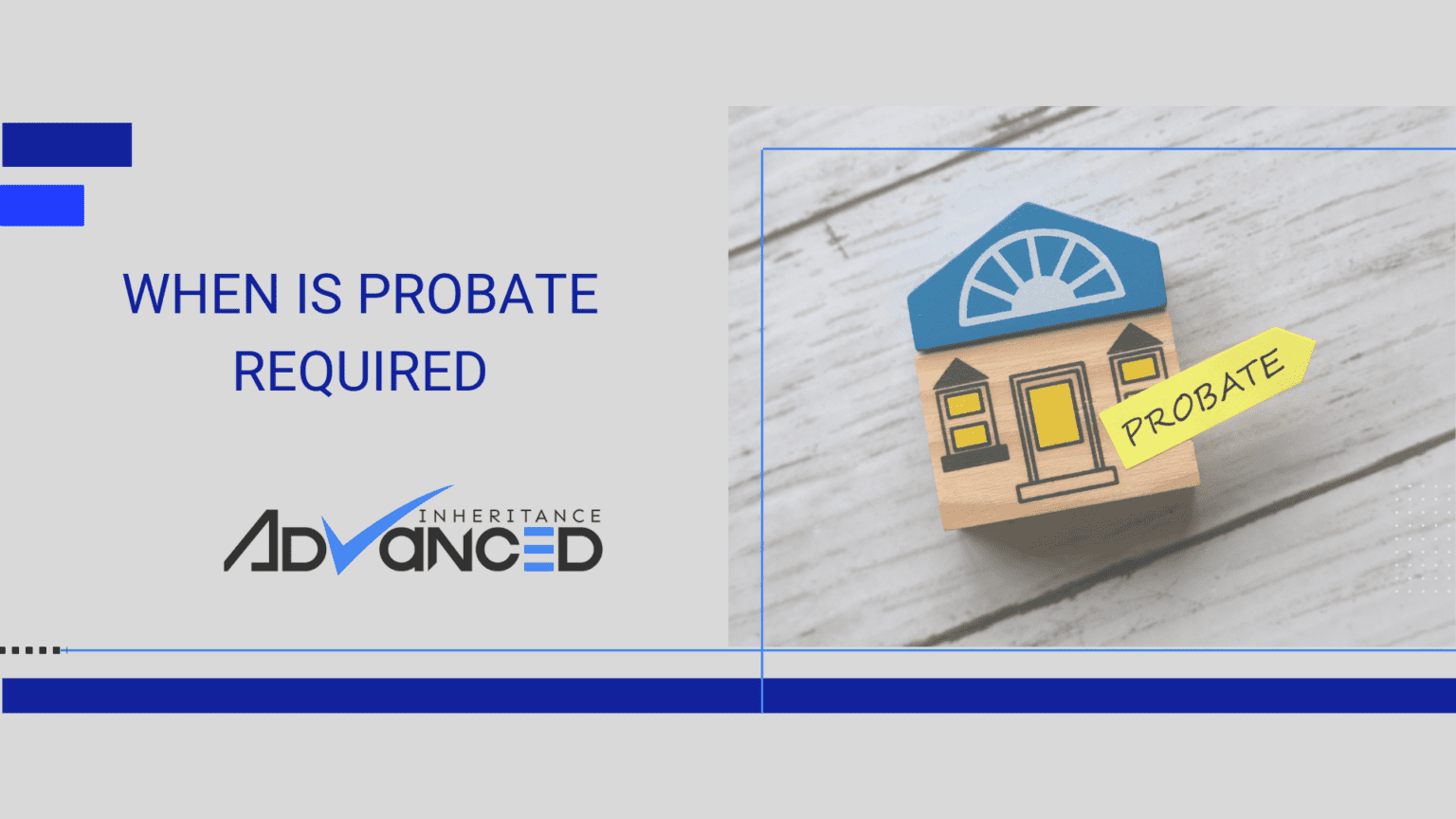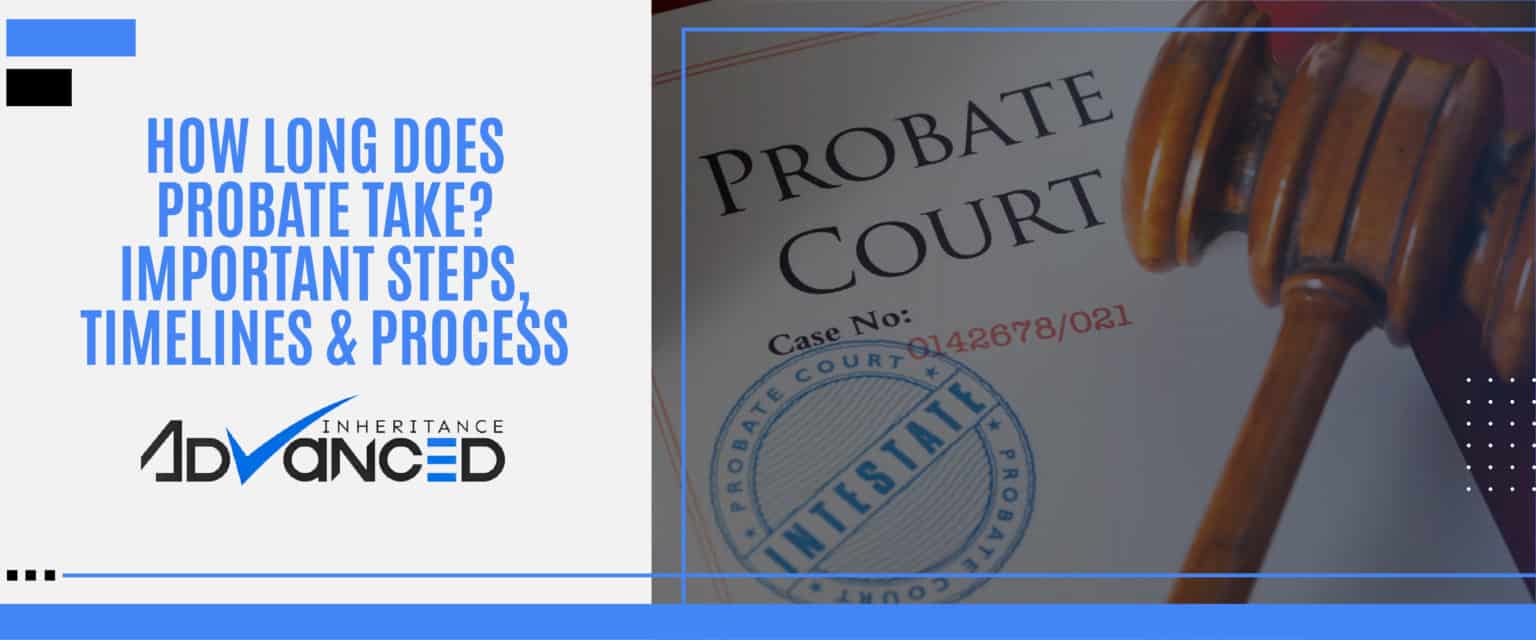Unless you’ve taken steps ahead of time to avoid probate, your loved ones will likely have to take at least some of your estate through probate after you pass away. How much does probate cost? The answer is: It varies. How much you’ll pay depends on a variety of things, including the size of the estate. Probate laws vary from one state to the next. Here we take a look specifically at the law as it applies in the state of Florida.
Jump To Section
Probate Costs: Court Fees
Each court has fees for establishing and maintaining a probate case through the local county court. The initial fee begins when your file the will and probate petition. The fee is required for the court to record the documents. The filing fee is often based on the estate assets’ total value. It’s not likely that you’ll know the filing fee until you’re named an executor of someone’s estate. Fees may vary from county to county.
For example, the Orange County fees range from $231-$400 depending on what’s being filed. Additional fees come into play based on the asset value. You may also pay additional fees if you need to file more court documents or need copies of anything that’s already been filed.
If you have any questions about court fees, contact the probate court in the county where you’ll be filing.
Probate Fees: Attorneys’ Fees
Often the largest expense of the probate process, you could pay thousands of dollars to a probate attorney should you have to hire one to provide legal advice throughout the process. Florida is one of the few states that lists out “presumptively reasonable” statutory fees probate attorneys fees for a formal administration of the probate estate. These are as follows, under Section 733.6171(3) of Florida law:
- $1,500 attorney’s fee for estates having a value of $40,000 or less.
- An additional $750 for estates having a value of more than $40,000 and not exceeding $70,000.
- An additional $750.00 for estates having a value of more than $70,000 and not exceeding $100,000.
- For estates having a value in excess of $100,000, at the rate of 3% on the next $900,000.
- At the rate of 2.5% for all above $1 million and not exceeding $3 million.
- At the rate of 2% for all above $3 million and not exceeding $5 million.
- At the rate of 1.5% for all above $5 million and not exceeding $10 million.
- At the rate of 1% for all above $10 million.
Section 733.6171(4)states that “In addition to fees for ordinary services, the attorney for the personal representative shall be allowed further reasonable compensation for any extraordinary service. What is extraordinary service may vary depending on may factors, including the size of the estate.”
Probate attorneys also have the right to bill the estate hourly when dealing with a complex case. Examples include:
- When the deceased owned a business or operated a business as a sole proprietor
- Owns a property that’s mortgaged
The estate value above always excludes the value of the deceased’s homestead property (main place of residence), along with a small amount of personal property.
The value of the estate doesn’t include non-probate assets – or those that have a properly designated beneficiary such as:
- Life insurance policies
- Property held with joint tenants- ownership automatically transfers to the surviving owner
- Bank or brokerage accounts
- Retirement accounts
- Revocable trust
- Anything with transfer on death clauses, such as bank accounts
If an estate only contains non-probate assets, probate is not necessary. If however, there are assets without beneficiaries or joint owners, even those estate assets must go through probate.
Remember, Florida is not a community property state, so when you’re taking care of your estate planning, do not automatically assume that property acquired during the marriage by either spouse is jointly owned by both spouses.
Executor Fees
As a reasonable compensation state, Florida allows for executor fees and estate compensation. Like with attorneys’ fees, Florida statutes also dictate how much an executor can earn for the time they spend taking care of the estate. These fees are based on the value of the estate before any obligations or debts are considered, along with any income it may earn during probate:
- 3.0% on the first $1M
- 2.5% on the next $4M
- 2.0% on the next $5M
- 1.5% on any amount in excess
Non-probate assets with properly executed beneficiary designations, as detailed below, are not included in this amount. Some circumstances affect the compensation, including:
- Whether or not there are multiple executors/personal representatives
- Whether executor compensation is specified in the will or not; the executor may opt to be paid under FL statute instead of what’s listed in the will.
- If “extraordinary” services are offered, additional compensation may be awarded.
Probate Process: Other Fees
In addition to the costs we’ve already mentioned, there may also be executor/probate bonds required by the county courts. The price of these bonds ranges, of course, and depends on which county the probate runs through.
Depending on the complexity of the estate, you may run into other fees, such as land survey fees and appraisal fees, or accounting fees. There may also be miscellaneous fees involved, even without formal probate proceedings.
Who Pays Probate Costs in Florida?
The majority of probate fees are paid from the estate itself. This includes everything from the probate lawyer fees to personal representative compensation fees and any other administration fees.
Is a Simplified Probate Process More Affordable?
If you have what qualifies as a small estate in Florida, or the estate owner passed away more than two years ago, you may be able to take advantage of a simplified probate process, which may also be referred to as a summary administration. It is only an option if an estate is exempt from all creditor claims and the total estate value is $75,000 or less.
To use the simplified probate process, the executor must submit a written request to the county probate court. Because it’s so much easier than a formal court proceeding, it’s often more affordable.
Even though nearly all probate cases in Florida require a licensed attorney to administer the estate, the smaller the estate and simpler the case, the more affordable the attorney’s fees are.
You’re more quired to have a probate attorney when using a summary administration, or handling probate as “disposition without administration” (such as when the personal representative is the sole beneficiary). Even then, some legal advice suggests working with an attorney because of legal complexities.
Stuck in Probate?
If you’re waiting for probate to go through in Florida and need access to your funds now, you may be able to qualify for an inheritance advance. You can have money in your bank account in as little as 24 hours.
Sources:
https://www.myorangeclerk.com/Divisions/Probate/Probate-Filing-Fees
http://www.leg.state.fl.us/Statutes/index.cfm?App_mode=Display_Statute&Search_String=&URL=0700-0799/0733/Sections/0733.6171.html
http://www.leg.state.fl.us/statutes/index.cfm?App_mode=Display_Statute&URL=0700-0799/0733/Sections/0733.617.html









